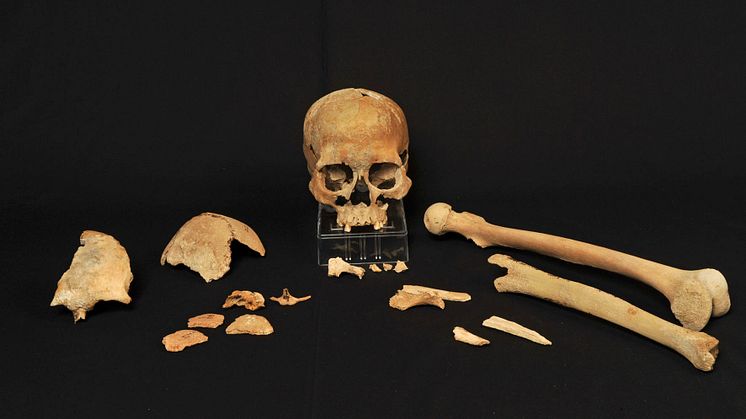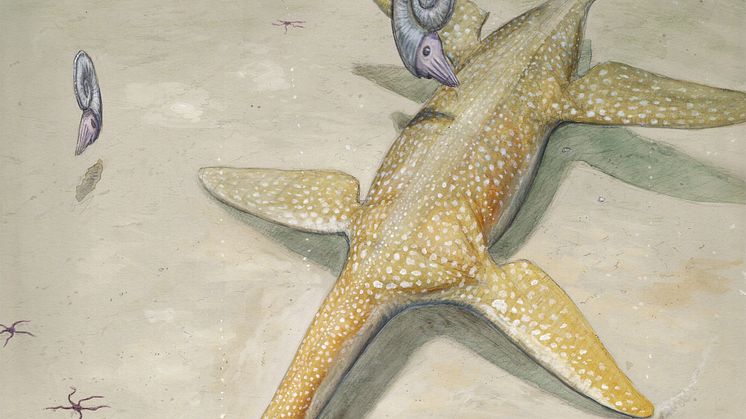New study shows cells produce specialised protein factories under stress
Prevailing dogma in biological research holds that the cell’s protein factories, the ribosomes, function the same way in all cells and in all conditions. In an international study with participation from Weill Cornell Medicine and Uppsala University, published today in the journal Cell Reports, the researchers show that this is a truth that seems to not hold true.



